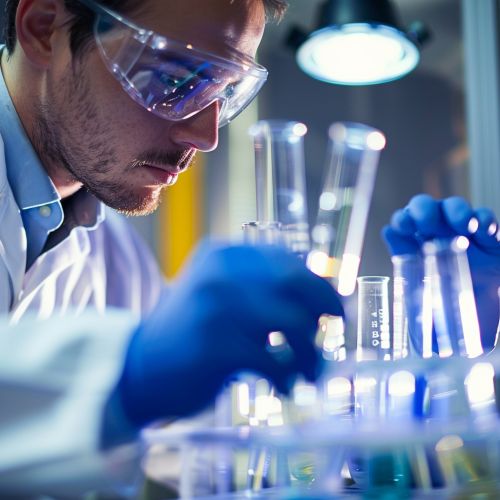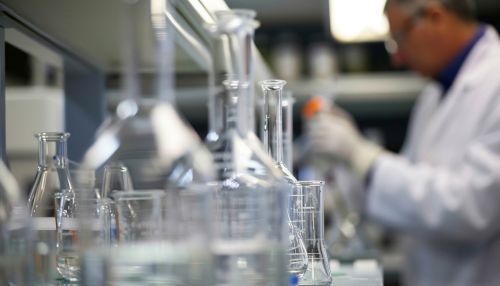Toxicology
Introduction
Toxicology is the scientific study of adverse effects that occur in living organisms due to chemicals. It involves observing and reporting symptoms, mechanisms, detection and treatments of toxic substances, in particular relation to the poisoning of humans. It is the study of symptoms, mechanisms, treatments and detection of venom and toxins, especially the poisoning of people.


History
The history of toxicology dates back to ancient times. The earliest references to toxicology are found in the body of work by ancient Greek physicians such as Hippocrates and Dioscorides. The word "toxicology" is derived from the Greek words "toxikon" (poison for arrows) and "logos" (study).
Branches of Toxicology
Toxicology can be subdivided into various disciplines or branches. These include, but are not limited to, the following:
Clinical Toxicology
Clinical toxicology involves the study of the effects of toxins on patients, the diagnosis of conditions caused by toxins, and therapy to treat these conditions.
Environmental Toxicology
Environmental toxicology is the study of the harmful effects of various chemical, biological and physical agents on living organisms.
Forensic Toxicology
Forensic toxicology is focused on medical and legal aspects of the harmful effects of chemicals on the human body.
Industrial Toxicology
Industrial toxicology (also known as occupational toxicology) is concerned with health effects from exposure to chemicals in the workplace.
Veterinary Toxicology
Veterinary toxicology is the study of diagnosis and treatment of poisonings in animals.
Principles of Toxicology
The basic principle of toxicology is "the dose makes the poison", a concept expressed by the Swiss physician and alchemist, Paracelsus. This means that all substances are poisons and it is the amount or concentration that differentiates a poison from a remedy.
Toxicity Testing
Toxicity testing is used to examine finished products such as pesticides, medications, cosmetics, food additives such as artificial sweeteners, packing materials, and air freshener, or specific chemicals like lead, arsenic and rat poison. The results of these tests are used to manage the risk associated with using these chemicals and products.
Toxicokinetics
Toxicokinetics is the process of the body's handling of a poison and includes absorption, distribution, biotransformation and excretion of toxins.
Toxicodynamics
Toxicodynamics describes the dynamic interactions of a toxicant with a biological target and its biological effects.
Toxic Substances
Toxic substances can be classified into various types such as pesticides, heavy metals, biotoxins, venoms, etc.
Toxicity
Toxicity is the degree to which a substance can damage an organism. It can refer to the effect on a whole organism, such as an animal, bacterium, or plant, as well as the effect on a substructure of the organism, such as a cell (cytotoxicity) or an organ such as the liver (hepatotoxicity).
